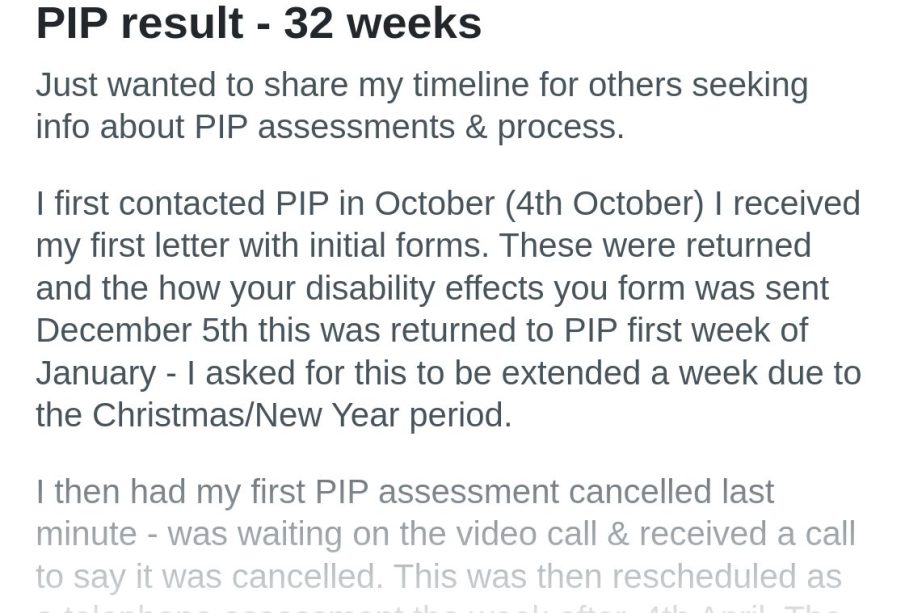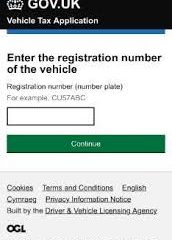An Overview of DWP PIP: Personal Independence Payment

Introduction
The Department for Work and Pensions (DWP) Personal Independence Payment (PIP) is a vital financial aid programme in the UK designed to assist individuals with disabilities or long-term health conditions. As the number of people eligible for such benefits continues to grow, understanding the intricacies of PIP and its impact on recipients is paramount. This article explores the purpose of PIP, its eligibility criteria, recent updates, and its significance in the lives of many.
What is DWP PIP?
PIP was introduced in the UK in 2013, replacing the Disability Living Allowance (DLA) for adults aged 16 to 64. It aims to support individuals in coping with the additional costs associated with living with a disability. Unlike DLA, PIP considers an individual’s ability to carry out specific daily activities and mobility needs rather than their underlying condition.
Eligibility and Assessment
To be eligible for PIP, claimants must demonstrate that they have a long-term health condition or disability that significantly impairs their ability to function independently. The assessment process is a crucial component of the application, where individuals undergo a thorough evaluation, often involving a face-to-face meeting. Criteria are based on how their condition affects their daily living and mobility.
Recent Developments
In recent months, the DWP has announced several reforms aimed at streamlining the PIP assessment process. These changes include improvements in communication, reducing waiting times for claims, and enhancing training for assessors. In response to rising public concern over the fairness of the process, the DWP has committed to regularly reviewing feedback from claimants to make necessary adjustments.
Significance of DWP PIP
PIP is more than just financial support; it plays a critical role in enhancing the quality of life for thousands of individuals across the UK. By providing financial independence, PIP helps recipients to engage in activities that contribute to their well-being and participation in society. As the cost of living continues to rise, these payments become increasingly significant to ensure that vulnerable members of society can maintain a reasonable standard of living.
Conclusion
The DWP Personal Independence Payment is a crucial mechanism for supporting those with disabilities in the UK. Ongoing reforms and a commitment to improving the assessment experience signal a positive step towards better service delivery. Understanding the requirements and implications of PIP can empower individuals to access the assistance they need, thereby fostering a more inclusive society.





